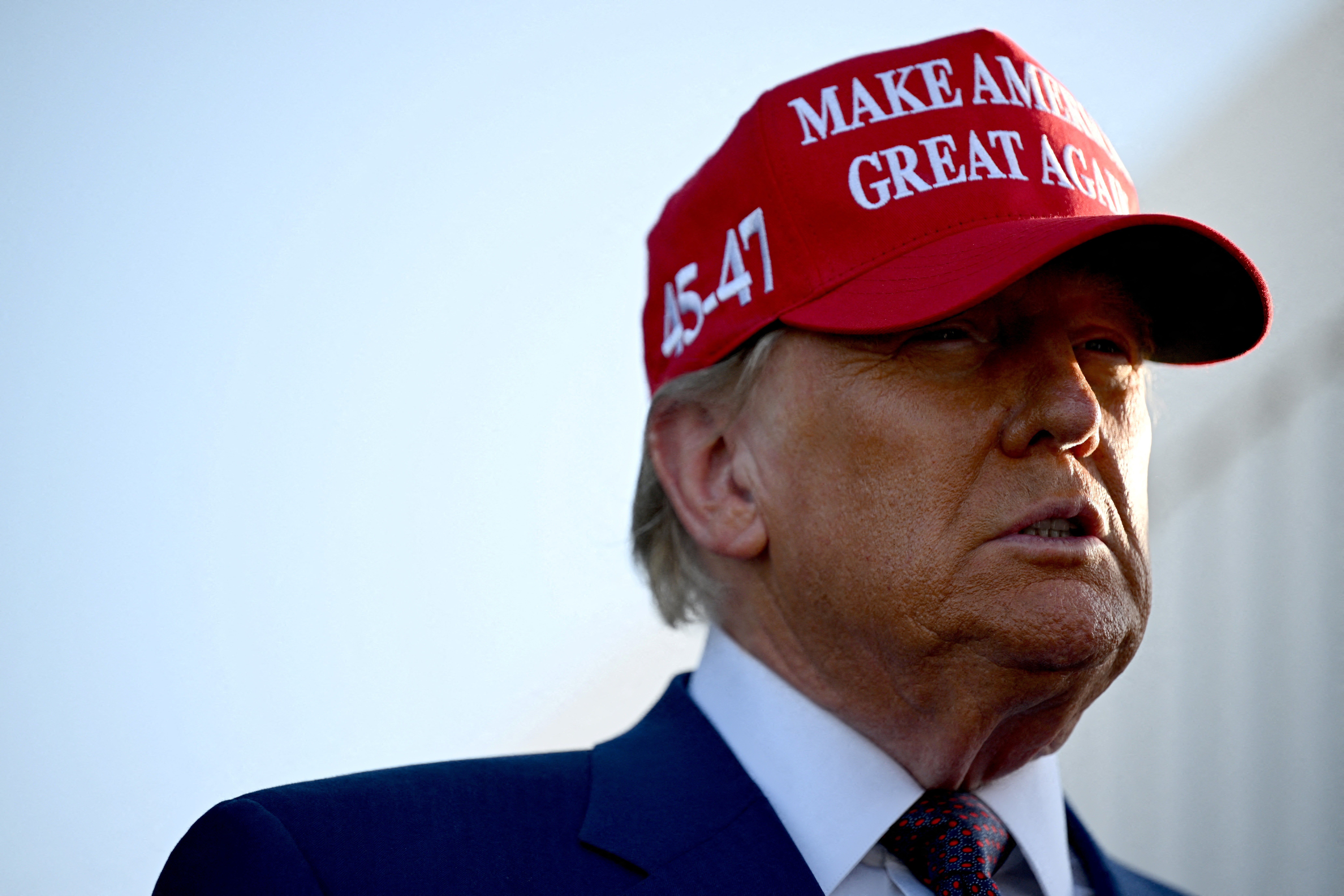A researcher with Goldman Sachs said he foresees “significant consequences” for US consumers under President-elect Donald Trump‘s proposed tariffs.
Trump announced that Canada and Mexico could soon see a 25 percent tariff added to all imported goods while China could face an additional 10 percent. Trump claims this is part of an effort to curtail “crime and drugs” coming into the U.S. and slow the number of illegal border crossings – but many critics are concerned it could lead to rising prices.
Daan Struyven, head of commodities research at Goldman, is one of those critics.
These tariffs “could in theory lead to some pretty significant consequences for three groups of people: US consumers, US refiners, and Canadian producers,” Struyven said, according to Bloomberg.
Meanwhile, Trump spokesperson Brian Hughes said these policies will “protect the American manufacturers and working men and women from the unfair practices of foreign companies and foreign market.”
“As he did in his first term, he will implement economic and trade policies to make life affordable and more prosperous for our nation,” Hughes added.

Several economists have warned that the president-elect’s tariffs could lead to a spike in inflation – the very issue that many Americans said drove them to vote for Trump.
Exit polls taken on Election Day showed that nearly ⅓ of voters ranked the economy as their top issue. Throughout his campaign, Trump played heavily on voters’ economic concerns, promising to lower grocery and gas prices amid a cost-of-living crisis.
George Washington University economics professor Tara Sinclair previously made a similar claim to The Independent, explaining that consumers will suffer under these policies.
“Tariffs would likely be a higher tax on consumers – U.S. consumers,” Sinclair said. “This idea that those tariffs would somehow be magically paid by the foreign companies and wouldn’t be passed through American consumers does not seem to stand out empirically in the data.”
Struyven added that Trump’s tariff on Canada may not come to fruition: “Given the focus from Trump to lower energy costs, we think Canada tariffs are somewhat unlikely.”
Canada is the largest supplier of crude oil to the U.S., making up 60 percent of U.S. crude oil imports and sending more than 3.8 million barrels per day. As such, a tariff on Canadian goods could mean rising gas prices – the exact opposite of what Trump promised for Americans during his second term.
“A 25% tariff on Canadian oil would have huge impacts to #gasprices in the Great Lakes, Midwest & Rockies, which are major markets where refiners process Canadian oil,” gas price expert Patrick De Haan wrote on X. “You can’t simply process different oil overnight. It would take investments/years. More U.S. supply wouldn’t help.”
Canadian, Mexican and Chinese officials have also pushed back against the tariffs.
Ontario Premier Doug Ford said the proposal is “like a family member stabbing you right in the heart.” Canadian Prime Minister Justin Trudeau also met with Trump shortly after he announced the proposals.
“This is a relationship that we know takes a certain amount of working on, and that’s what we’ll do,” Trudeau told reporters. “One of the really important things is that we be all pulling together on this – the Team Canada approach, putting aside partisanship. There’s work to do, but we know how to do it.”
Tariffs and threats can’t solve the “migration phenomenon” or drug use in the US, Mexican President Claudia Sheinbaum Pardo said on Tuesday.
“[Drug use] is a problem of public health and consumption in your country’s society,” she said.
A spokesperson for the Chinese embassy in Washington, DC also decried Trump’s proposal in a statement to the BBC.
“No-one will win a trade war or a tariff war,” the spokesperson said.
When contacted by The Independent, spokesperson Karoline Leavitt defended Trump’s tariffs on China in particular.
“In his first term, President Trump instituted tariffs against China that created jobs, spurred investment, and resulted in no inflation,” Leavitt said. “President Trump will work quickly to fix and restore an economy that puts American workers by re-shoring American jobs, lowering inflation, raising real wages, lowering taxes, cutting regulations, and unshackling American energy.”







